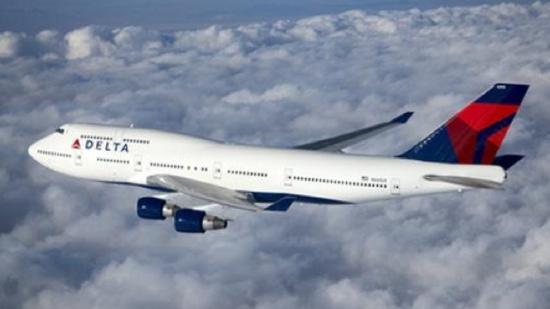
Delta will restart service to Cuba next year
By Alison Fox / Travel & Leisure
Delta Air Lines will resume flying to Havana in the spring, restarting service to the Cuban city for the first time since the pandemic began.
Starting April 10, 2023, the airline will fly two daily nonstop flights from Miami International Airport to Havana, according to Delta. These will be Delta’s first flights to the city since March 2020.
“Delta made its return to the Cuban market in 2016 after a 55-year hiatus, but suspended service in March 2020 in response to COVID-19,” Delta wrote in a statement. “In line with continued strong demand, Delta remains committed to fully restoring its network by next summer, as shared on the September quarter 2022 financial results call.”
The flights will operate on an Airbus A320 aircraft and will include a first class cabin, Delta Comfort+, and a main cabin. The flights will also feature Delta’s free mobile messaging for iMessage, WhatsApp, and Facebook Messenger.
Delta joins JetBlue and American Airlines, which each received permission to service more flights to Cuba. The new service also comes months after the Biden administration started allowing commercial and charter flights to fly to cities beyond just Havana.
Americans are not allowed to go to Cuba as tourists, but there are ways to visit the country legally. Earlier this year, the Biden Administration reinstated group people-to-people educational travel.
Individual people-to-people travel, which currently remains banned, was first approved by the Obama administration in 2015 as part of an effort to restore diplomatic relations with the country. It was later expanded to allow cruise ship travel to the country.
However, in 2017, the Trump administration cracked down on travel to Cuba, first banning cruise ships and then later banning all flights to Cuba except to Havana.
Currently, travelers can also visit Cuba under the “support for the Cuban people” license, which includes a full-time schedule visiting independent organizations and supporting “individuals and non-governmental organizations that promote independent activity intended to strengthen civil society in Cuba,” according to the Office of Foreign Assets Control (OFAC).

